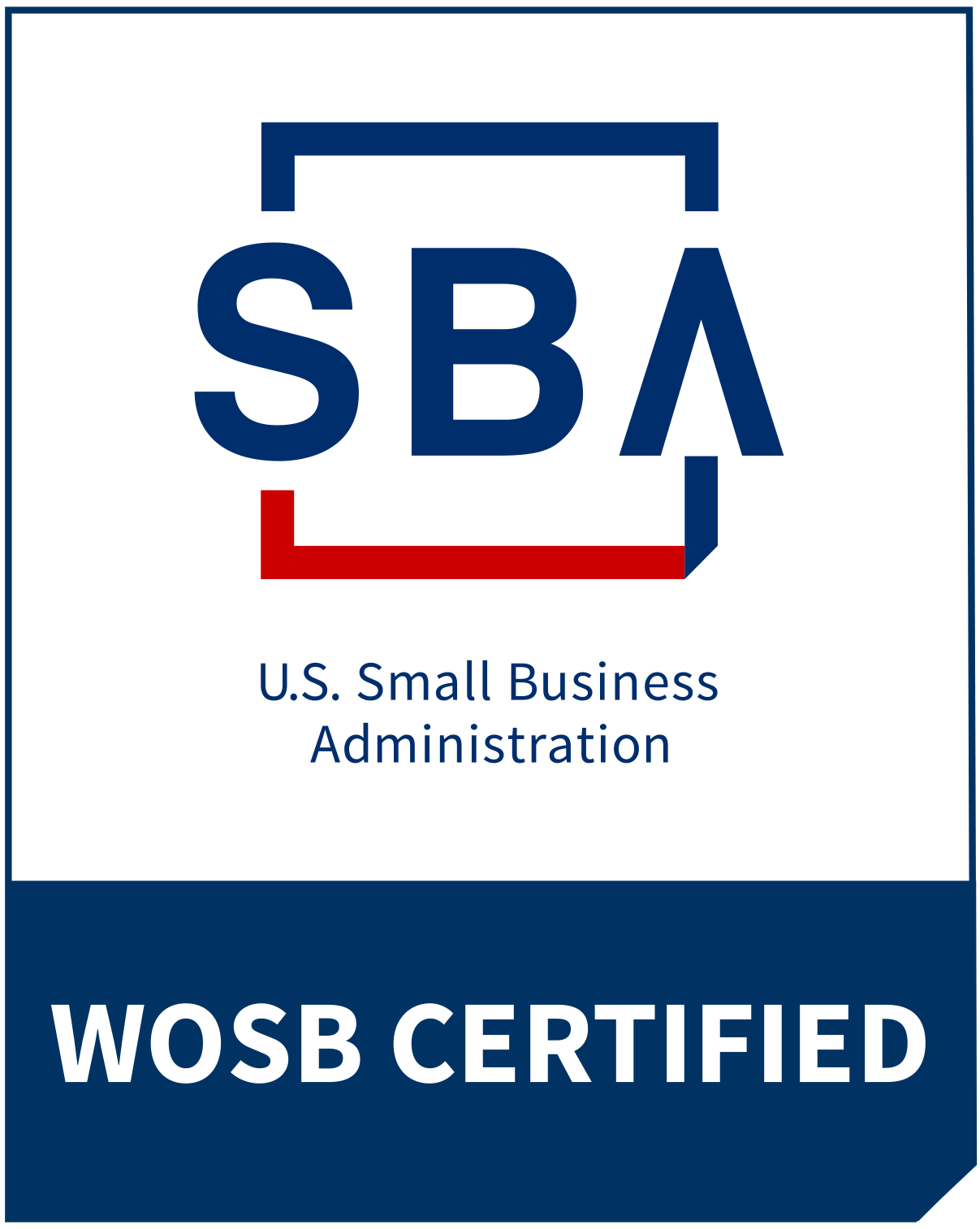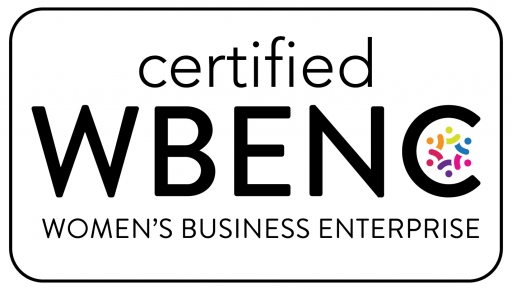Traditionally, searching for new sources of growth has largely been reserved for innovation and new ventures groups, while existing core business teams execute tried and true playbooks. As the level of market uncertainty increases, this is no longer the case as most traditional business models are under attack like never before.
We’re seeing a big shift where core business teams are being asked to solve uncertain growth challenges; they’re being tasked with exploring new business models and adapting their existing ones.
Through our holistic research, we are taking note of business model trends and impacts across categories. We’ve been reporting especially on ones impacting food and beverage companies, and over the next few months, will be clicking down on ones drastically disrupting/impacting these BigCos. Starting with… Launching with E-Commerce and in Mission-Driven Models
E-Commerce as a Launching Pad. Small brands are entering the marketplace via e-commerce platforms that connect them directly to consumers. In the Natural & Organic products space, more than 50% of new brands enter the market via e-commerce.* These new entrants reach out to consumers with the intent to convert them to customers via different strategies – a single product offering, waiting list buildups, Instagram campaigns, and more. One common thread among strategies is a commitment to quality – in the product offering and in the shopping experience. Knowing that consumers have seemingly endless choices, savvy startups commit to delivering the kind of seamless, engaging, straightforward shopping experience consumers currently expect.
Startups that launch successfully via e-commerce (Bonobos and Harry’s are examples) are often acquired by BigCos or supported by BigCo incubator programs such as Kraft Heinz’ Springboard and Chobani which provide knowledge, resources, and – sometimes – funding. Moving forward, we expect to see BigCos introducing their own, new product launches and concepts via e-commerce and utilizing a “build, test, and learn” approach that will enable agile iterations and strategic growth with e-commerce as a first step. Once a launch has gained traction online, a brand can expand into additional channels, including bricks & mortar. We touched on applications where brands can test and learn from consumers in an April blog post.

Mission-Driven Business Models. To tee up this impact, we share a quote from the maker of nutritional bars who turn their proceeds into meals for children in need,
“The way people think about consumption has fundamentally changed. People want it to reflect their values in every way – as one whole.” – Todd Grinnell, This Saves Lives
Consumers today have access to new products to meet their dynamic needs 24/7, and their social media feeds offer them new choices daily. For many, the story behind the brand guides their decision to purchase. And, every handbag from Better Life Bags is hand cut and sewn by an under-resourced woman from the Detroit area. The skills she acquires and income she earns empower her and her family. The brand’s website allows consumers to have a hand in the design and customize the materials and accessories, delivering “custom with a cause” and bringing better lives to the women who create them.

Footwear standout Allbirds is dedicated to making the most sustainable footwear possible using premium natural materials, including wool. A certified B Corp, Allbirds treats the environment as one of its stockholders. It manifests this commitment with its use of innovative, natural textiles, recyclable and multifunctional packaging (shoe box, shopping tote, and mailer in one), and extends the life of each pair of shoes through its SOLES4SOULS® program which gives gently used Allbirds to new wearers in need. Co-CEO Joey Zwillinger is so passionate about being a brand with a mission that he hosts a monthly Sirius XM radio show, Purpose Built, where he chats with an entrepreneur about the story behind the success of his/her mission-driven business. Recent episodes have featured inspiring stories from the founders of biotech startup Bluebird Bio and DTC retailer BEAUTYCOUNTER.

How might we together explore and action on these new business model impacts with your existing categories, brands, and new brand concepts? Tools that are helpful when exploring new business models include Trends & Analogs that foster analogous and creative thinking and can take inspiration from outside category, and rooting ideation in consumer needs and pain points.
And, for more on emerging Business Model Trends, download our 2019 report from Natural Products Expo West.
*Source: New Hope Network survey conducted by Informa, LLC; 2019


